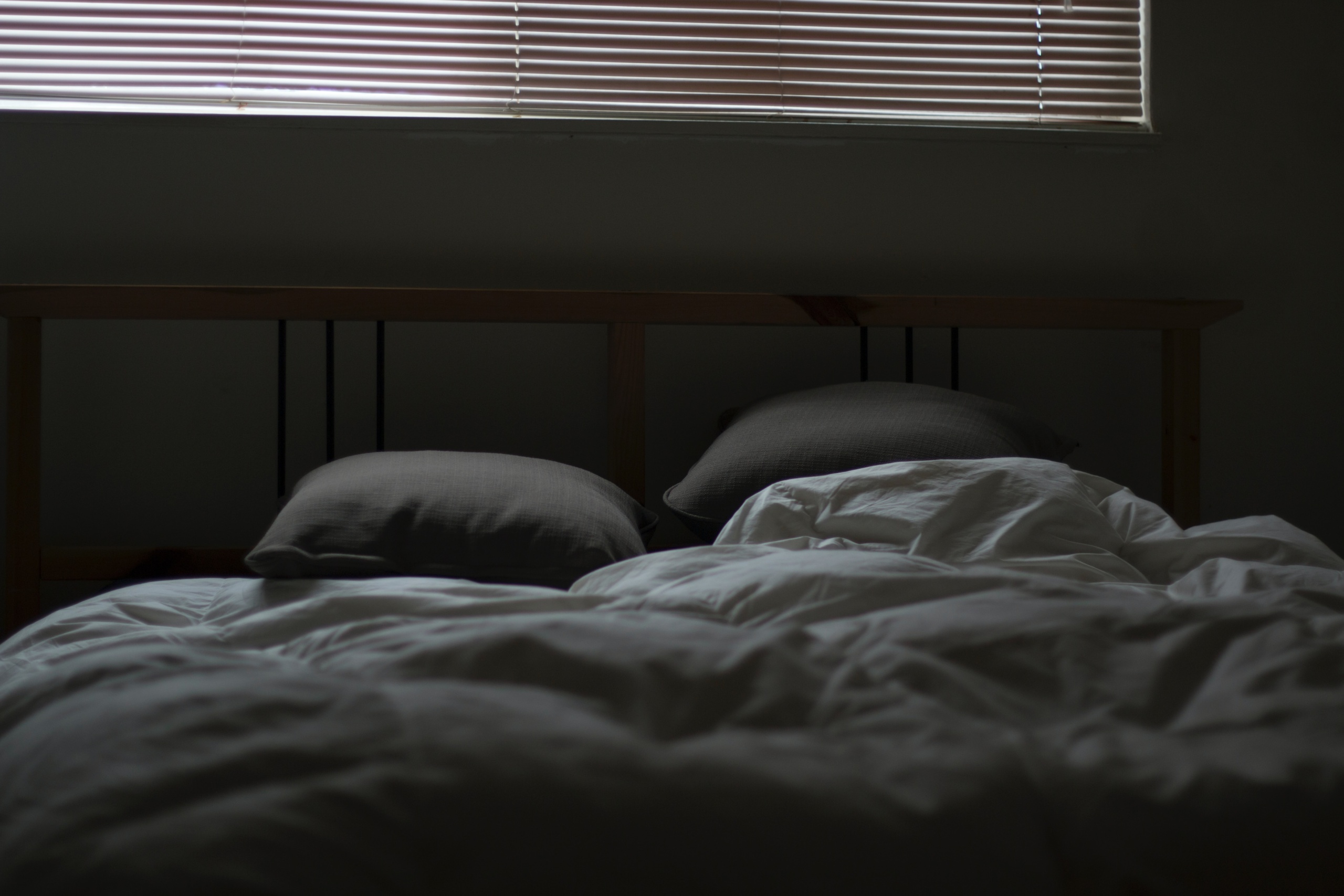
Insomnia is a common sleep disorder that affects millions of people worldwide. It can significantly impact daily life, leading to fatigue, mood disturbances, and impaired cognitive function. If you’re struggling with insomnia, taking proactive steps to regain control over your sleep is essential.
Establish a Consistent Sleep Routine
One of the fundamental strategies to combat insomnia is establishing a consistent sleep routine. Our bodies have an internal circadian rhythm, which regulates our sleep-wake cycle. Disruptions to this rhythm can lead to difficulty falling asleep or staying asleep. Going to bed and waking up at the same time each day can help regulate your body’s natural sleep patterns.
Create a bedtime routine that promotes relaxation and signals your body that it’s time to wind down. Avoid stimulating activities or electronic devices before bed, as the blue light emitted by screens can interfere with sleep. Instead, engage in calming activities like reading a book, practicing meditation or deep breathing exercises, or taking a warm bath. Sticking to a consistent sleep routine can train your body to recognize when it’s time to sleep, making it easier to fall asleep and stay asleep.
Optimize Your Sleep Environment
An optimal sleep environment can greatly contribute to a good night’s rest. Start by ensuring your bedroom is cool, dark, and quiet. Use blackout curtains or an eye mask to block out any external light, and consider using earplugs or a white noise machine to mask disruptive sounds.
Invest in comfortable mattresses, pillows, and bedding that adequately support your body. Your sleep environment should be free from distractions, such as electronic devices or clutter, that can stimulate your mind and prevent relaxation. Creating a calm and soothing sleep environment can enhance your ability to fall asleep and maintain restful sleep.
Practice Relaxation Techniques
Stress and anxiety are common culprits of insomnia. To combat these factors, incorporate relaxation techniques into your daily routine. Deep breathing exercises, progressive muscle relaxation, and mindfulness meditation can help calm your mind and body, preparing you for a restful night’s sleep.
Regular physical activity during the day can also contribute to better sleep. Aim for at least 30 minutes of moderate exercise most days of the week, but be mindful of timing. Exercising too close to bedtime may energize your body and make it more difficult to fall asleep. Instead, try to complete your workout a few hours before bedtime to allow your body time to wind down.
Evaluate Your Sleep Habits and Lifestyle
Certain habits and lifestyle choices can significantly impact your sleep quality. Caffeine, nicotine, and alcohol can disrupt your sleep patterns, so avoiding consuming them close to bedtime is best. Instead, opt for herbal tea or warm milk to promote relaxation.
Additionally, limit daytime napping, especially in the late afternoon or evening, as it can interfere with your ability to fall asleep at night. If you find it challenging to quiet your mind at night, consider keeping a journal to write down your thoughts and worries before bed. This practice can help offload your concerns and promote a more peaceful mind.
Insomnia can profoundly impact your overall well-being, but with the right strategies, you can regain control over your sleep and improve your quality of life.




